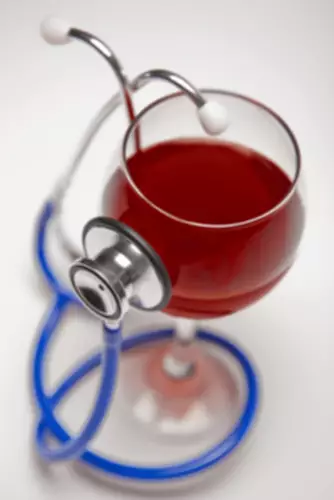
Step 1 of AA requires a great deal of strength and courage as you accept that alcohol has taken over your life. Humans naturally gather together, which is why group therapy remains a powerful therapeutic tool for alcohol addiction. Further, groups with trained leaders, such as AA sponsors, can positively promote substance abuse recovery.
Step 1 in the Alcoholics Anonymous and Al-Anon Programs
Further, by accepting that there are things that we cannot control, including our drug use, we open ourselves up to receiving the help of others. Coming to this understanding will make you much more receptive to looking to sources outside yourself powerless over alcohol for recovery, such as your sponsor, your fellow group members, or your Higher Power. All of which makes you more receptive to learning and healing, which in turn makes it much easier to follow through with the remaining twelve steps of AA.
- By acknowledging that we cannot control everything in our lives, we learn to adapt and bounce back from challenges with strength and grace.
- It allows individuals to let go of old patterns, accept their limitations, and begin the process of healing.
- It’s about reclaiming your life, one day at a time, and discovering strength you never knew you had.
- It’s not about admitting defeat, but rather acknowledging the reality of the situation so that you can start to take action.
- Learn more about AA, and how its famous 12 Steps—especially Step 1—can set you on the path to recovery.
The Benefits of Embracing Powerlessness

This section explores what powerlessness means in the context of sobriety and emphasizes the strength that can be found in accepting it. Recovery is a journey that can seem intimidating if you’re just beginning, but in AA, you just have to take it one step at a time. Asking for help seems like such a simple concept, but admitting powerlessness is a humbling, courageous act. In recovery, we learn that it takes far more strength to surrender and admit powerlessness than it does to try to control addiction by ourselves.
Get Help With Alcohol Addiction

It’s about admitting that alcohol controls you, and not the other way around. The only way to heal an illness is to admit that it is a disease, which is exactly what you do when you embrace Step 1 of AA and admit that you’re https://ecosoberhouse.com/. Seeking support from others is an essential aspect of embracing powerlessness in sobriety. Connecting with individuals who have shared experiences and understanding can provide a sense of belonging and validation. Support groups, such as Alcoholics Anonymous (AA) or Narcotics Anonymous (NA), offer a safe space where individuals can share their struggles, learn from others, and gain support. By recognizing the benefits of embracing powerlessness in sobriety, we can shift our perspective and approach our recovery journey with a newfound sense of openness and receptivity.
- In recovery, we learn that it takes far more strength to surrender and admit powerlessness than it does to try to control addiction by ourselves.
- It frees up mental and emotional energy that can be redirected towards seeking support, developing healthier coping mechanisms, and making positive changes in their lives.
- Engaging in therapy and counseling can help address the underlying issues that may have contributed to the addiction.
- Keep reading if you’re looking to get the most out of your Alcoholics Anonymous experience and make breakthroughs in your battle with substance abuse.
- It’s not easy to admit this, but if we don’t accept that we are powerless, then we won’t be able to move forward.
- They can’t help you break your addiction, and they feel stuck in uncomfortable positions while they make excuses for your drinking.

As we go through the process of Step One, we are moving from a lack of awareness into an awareness of the reality of this disease and the possibility of change. We are beginning to believe that we are capable of living in a different way. Having had a spiritual awakening as the result of these steps, we tried to carry this message to alcoholics, and to practice these principles in all our affairs. In the meantime, you can explore AA in combination with your current therapy routine. Because it all begins with Step 1 of AA, it’s very important to understand why you can’t skip this step, even though it doesn’t require specific physical actions.
Do You Have to Believe in God for 1st Step AA?
If so, you must admit defeat, become powerless, and embrace Alcoholics Anonymous (AA) guiding principles, starting with Step 1 of AA. When alcoholism or alcohol use disorder begins to take control of a family, usually one of the first things to go is honesty. The person with the problem often lies about how much they drink and those around them may begin to cover for them as the problem progresses. Drug & alcohol withdrawal can be agonizing — even life threatening. We highly recommend you do not attempt to detox on your own.


